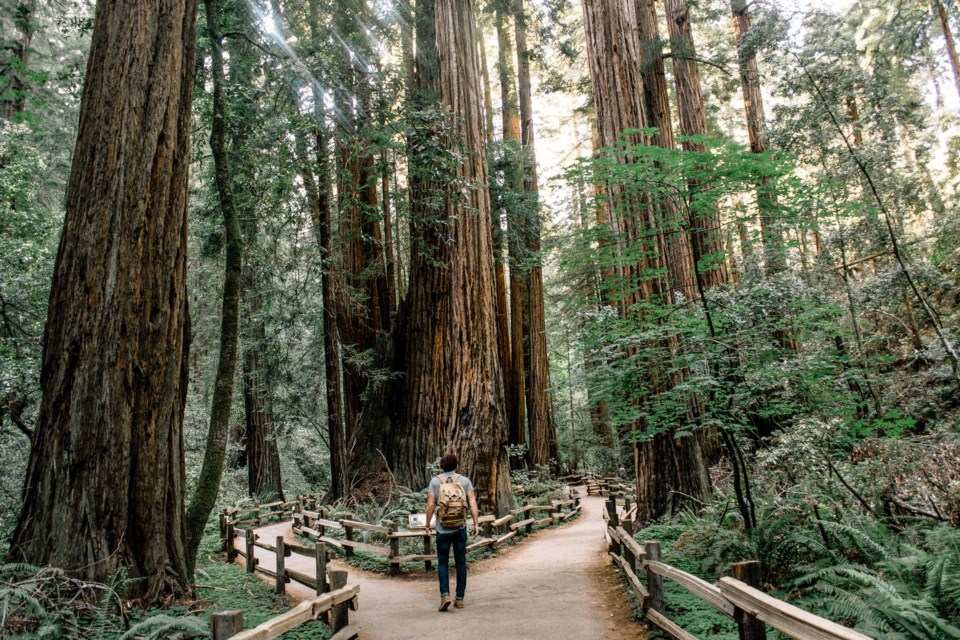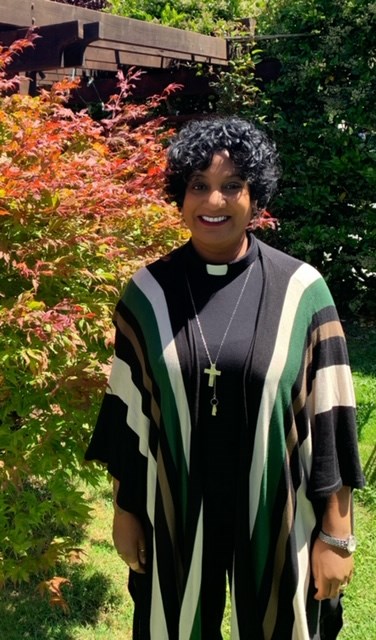 As a teenager, I asked my father why he chose to follow in the religion of our Hindu ancestors and he told me “it doesn’t really matter to me which religion a person follows, because religion is like a mountain, once you get to the top, the view is the same”. Now I presume there are many that would disagree with the sage wisdom of my father, but I was struck by the possibility and reflected upon his words for many years to come.
As a teenager, I asked my father why he chose to follow in the religion of our Hindu ancestors and he told me “it doesn’t really matter to me which religion a person follows, because religion is like a mountain, once you get to the top, the view is the same”. Now I presume there are many that would disagree with the sage wisdom of my father, but I was struck by the possibility and reflected upon his words for many years to come.
Prior to baptism in my late twenties I mentioned this saying back to my father who with a single word and quizzical tone asked “Lutheran?” I replied, “one can’t get up a mountain without choosing a path”. My father’s faith in God gave me permission to yearn for practice and deeper immersion into my own faith.
Being first generation Trinidadian Canadian, I felt I lacked affiliation and identity, so you could say through my baptism I “fell in with the Lutherans” who firmly believe in a God of grace. A God who loved humanity first, before we could ever prove our worthiness. A God that meets us in our vulnerability instead of our strength. A God that gifts us with a uniqueness and then liberates us from bondage with grace to share those gifts with and for the sake our neighbour and the world. Quite the opposite of what systemic racism tells anyone like me about our worthiness, just trying to live our lives with increased melanin in our skin.
To say that the church struggles to practice what we preach is an understatement. To say that the church is free from systems of oppression is false. But Lutherans would say that life is most realistically lived in shades of grey without literal black and white interpretations of scripture. Through scripture and sacrament God draws us in again and again to remember that we’re not God, and only God is God. To center ourselves and push God to the margins is futile.
Remembering this, makes it possible for us to let go of things that trap us into believing it’s all about us. It frees us from self-limiting beliefs or beliefs that center ourselves and convince us that our privilege is earned and deserved. How freeing is it to confess that even in tradition, maybe we got it wrong? Liberation means we need not cling to ideas that served us in the past now that we know better. It’s never hypocrisy to change our mind. It’s never hypocrisy to do better.
Grace is undeserved kindness, and God extends an abundance of it in our struggle. Life is God’s plan for us, not death. Freedom is God’s plan for us, not bondage. When we’re blind to the ways we step out of alignment with God’s plan we require a lot of grace, a lot of humility and deep confession. In that posture alone, God promises to meet us. A God of vulnerability who is longing to forgive us and free us in humble service for others. That is a practice. A practice and path that I try to live by. It is in God through Christ that I know my identity and everyone’s identity as Beloved. A colleague once joked: “what’s a nice Hindu woman like you doing in a church like this?” It’s certainly not simple, I said but I’m abiding in God’s grace.
 The Rev. Aneeta Saroop, Evangelical Lutheran Church in Canada serving St. Mary of the Incarnation, Metchosin in the Anglican Diocese of B.C.
The Rev. Aneeta Saroop, Evangelical Lutheran Church in Canada serving St. Mary of the Incarnation, Metchosin in the Anglican Diocese of B.C.
You can read more articles on our interfaith blog, Spiritually Speaking, HERE
* This article was published in the print edition of the Times Colonist on Saturday, July 4th 2020
Photo of paths in wood by Caleb Jones on Unsplash


